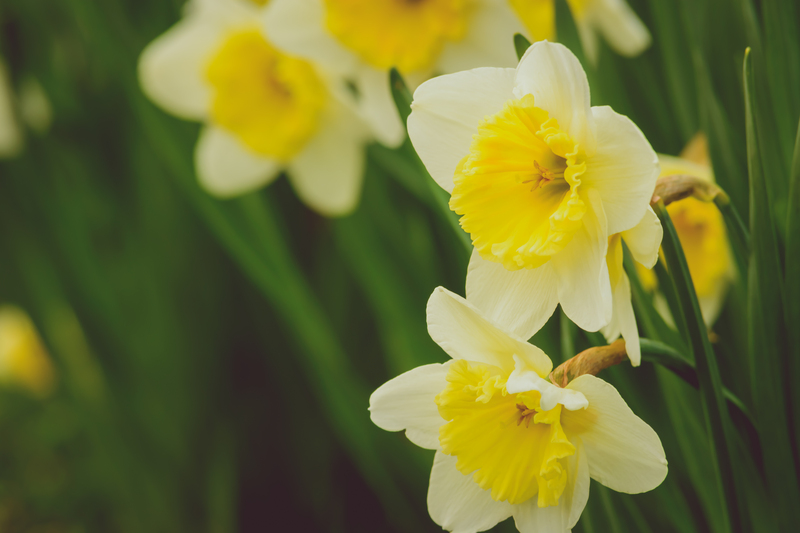Comprehensive Guide to Garden Maintenance in Honor Oak
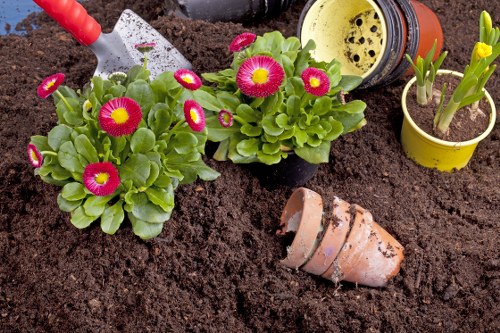
Welcome to Honor Oak's premier resource for garden maintenance. Nestled in one of London’s most vibrant neighborhoods, maintaining a beautiful garden requires dedication, knowledge, and the right techniques. Whether you’re a seasoned gardener or just starting, this comprehensive guide will equip you with everything you need to know to keep your garden thriving throughout the year.
Understanding the unique climate and soil conditions of Honor Oak is crucial for successful garden maintenance. The area experiences a temperate climate, which allows for a diverse range of plants to flourish. However, it's essential to select plants that are well-suited to the local environment to ensure they remain healthy and vibrant.
Proper garden maintenance not only enhances the aesthetic appeal of your outdoor space but also contributes to the overall health of your plants. Regular upkeep, including pruning, weeding, and watering, can prevent common garden problems such as pest infestations and plant diseases.
Choosing the Right Plants for Your Honor Oak Garden is the first step in effective garden maintenance. Opt for native plants as they are more resistant to local pests and diseases, reducing the need for chemical interventions. Additionally, native species are better adapted to the soil and climate conditions, ensuring they thrive with minimal effort.
Incorporating a variety of plants can add depth and interest to your garden. Consider a mix of perennials, annuals, shrubs, and trees to create a dynamic and resilient garden ecosystem. Diversity not only enhances the visual appeal but also supports local wildlife, including pollinators like bees and butterflies.
Irrigation Practices play a pivotal role in garden maintenance. Installing an efficient watering system, such as drip irrigation, can help conserve water and ensure your plants receive consistent moisture. It's important to water early in the morning or late in the evening to minimize evaporation and maximize absorption.
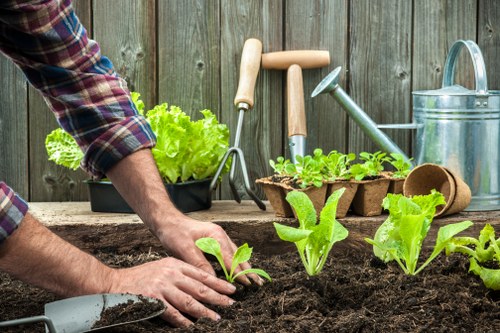
Mulching is another essential practice in maintaining a healthy garden. A layer of mulch helps retain soil moisture, suppresses weed growth, and regulates soil temperature. Organic mulches, such as bark or compost, also enrich the soil as they decompose, providing nutrients for your plants.
Pruning and Deadheading are critical for promoting plant health and encouraging continuous blooming. Regular pruning removes dead or diseased branches, allowing sunlight and air to penetrate the canopy. Deadheading spent flowers not only keeps your garden looking tidy but also stimulates plants to produce more blooms.
Weed control is an ongoing task in garden maintenance. Weeds compete with your plants for nutrients, water, and light, so it's important to remove them regularly. Hand-pulling, hoeing, and using landscape fabric can effectively manage weed growth without the need for harmful chemicals.
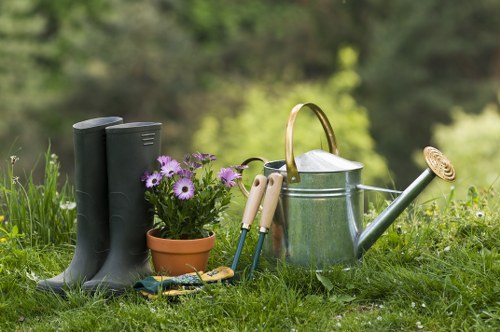
Seasonal Maintenance Tasks vary throughout the year and are essential for sustaining a healthy garden. In spring, focus on planting new seedlings, fertilizing the soil, and preparing your garden beds. Summer requires diligent watering, pest monitoring, and regular pruning to maintain plant health during the hotter months.
In autumn, it's important to clear fallen leaves, protect plants from frost, and prepare your garden for the winter months. Winter maintenance includes planning your garden layout for the upcoming year and safeguarding sensitive plants from extreme weather conditions.
Soil Health and Fertilization are the foundation of a thriving garden. Regularly testing your soil can help you understand its pH level and nutrient content, allowing you to amend it accordingly. Organic fertilizers, such as compost and manure, provide essential nutrients while improving soil structure and promoting beneficial microbial activity.
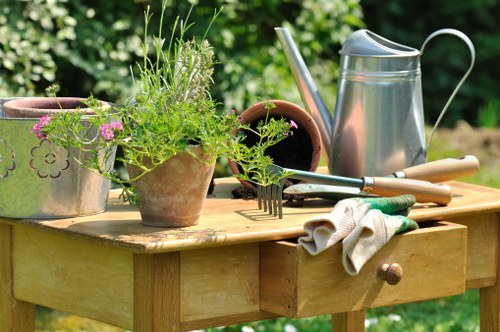
Pest and Disease Management proactive measures are necessary to protect your garden from common threats. Implementing integrated pest management (IPM) strategies, which include monitoring pest populations, promoting beneficial insects, and using biological controls, can effectively manage pests with minimal environmental impact.
Identifying and treating plant diseases early can prevent widespread damage. Regularly inspect your plants for signs of disease, such as discoloration, wilting, or unusual growth patterns, and take appropriate action to mitigate the issue.
Companion planting, which involves growing complementary plants together, can naturally deter pests and enhance plant growth. For example, planting marigolds alongside vegetables can repel certain insects and attract pollinators, benefiting both plant groups.
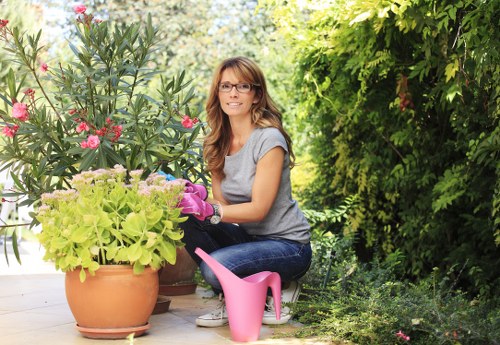
Tools and Equipment for Effective Garden Maintenance having the right tools is essential for efficient and effective garden upkeep. Invest in quality tools such as pruners, hoes, spades, and watering equipment to make your maintenance tasks easier and more productive.
Proper tool maintenance, including cleaning and sharpening, extends their lifespan and ensures they function optimally. Store your tools in a dry, organized space to prevent damage and facilitate easy access when needed.
Implementing sustainable practices can further enhance your garden maintenance efforts. Composting kitchen scraps and garden waste recycles nutrients back into your soil, reducing the need for synthetic fertilizers and minimizing waste.
Creating a Maintenance Schedule helps streamline your gardening tasks and ensures that essential activities are not overlooked. Outline daily, weekly, monthly, and seasonal tasks to keep your garden in top condition throughout the year.
Conclusion: Maintaining a beautiful and healthy garden in Honor Oak is a rewarding endeavor that requires careful planning, regular upkeep, and a deep understanding of your local environment. By selecting the right plants, implementing effective maintenance practices, and utilizing quality tools, you can create a stunning garden that thrives year-round.
